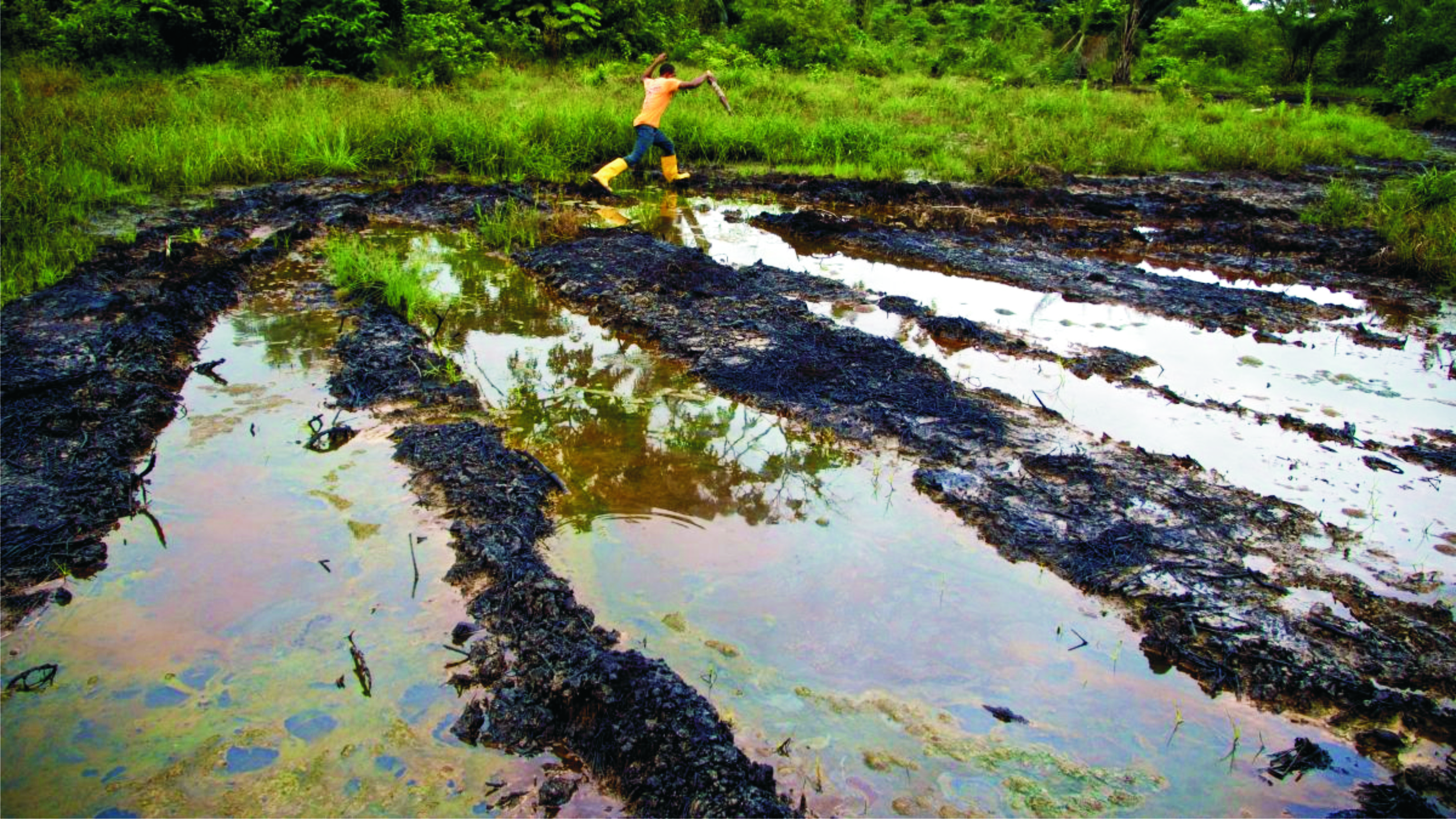Niger Delta
Ogoni Residents Lament Upsurge In Kidnapping, Killing

Residents of Ogoni land, comprising Khana, Gokana, Tai and Eleme LGAs of Rivers State, have expressed deep worry over the incessant upsurge in kidnapping and killings by cultists even after the death of a kidnap kingpin terrorising the areas in particular and Rivers State in general, Honest Digbara, popularly called Boboski recently.
They maintained that it has turned a national monster that has negatively impacted on the social and economic life of the country. They also called on government and security agencies to step up action to stem the tide.
Speaking separately to The Tide, a trader at Bori market, Mrs Comfort Uebari, noted that the new dimension the menace had assumed was portraying Rivers State and Nigeria negatively in the face of the global community, with the potential of scaring foreign investors at a time their contributions were crucial to revamping the country’s ailing economy.
Uebari observed that attracting direct investment was a critical factor in reflating Nigeria’s nascent economy and pointed out that this would be a mirage going by the spate of kidnapping as no right-thinking investor would stake their investments in an insecure environment.
While citing the abduction of innocent Nigerians by hoodlums, another resident, Mr Chuks Offor said that kidnapping had unfortunately become almost stock-in-trade for jobless Nigerians in order to make ends meet.
According to him, in the light of repeated occurrences, I urge both the Rivers State and Federal Governments to urgently beef-up security and develop proactive security strategy that will checkmate the situation.
He said that it was desirable for the government to evolve anti-kidnapping measures and legislations, to combat the current wave of crime and criminality in Nigeria, especially in Ogoni land.
Also commenting on the menace, a human rights activist in Nchia, Eleme, Dr. Chris Ngofa, commended the untiring initiative of Rivers State Government (RSG) in setting up special squads with proven records of trailing, tracking and arresting kidnappers and admonished other states to take a cue from the success stories recorded in Rivers State.
He, however, suggested the strengthening of the judiciary to engender speedy prosecution of kidnap suspects to serve as deterrent to other criminallyminded persons.
By: Bethel Toby
Niger Delta
NPC Unveils Digital Registration System In Delta

Niger Delta
Police Uncover Suspects’ Armoury … Recover Weapons In Delta

Niger Delta
Police Caution On Lawless Protests On Court Matters In A’Ibom

-
Maritime4 days ago
Nigeria To Pilot Regional Fishing Vessels Register In Gulf Of Guinea —Oyetola
-

 Sports4 days ago
Sports4 days agoGombe-Gara Rejects Chelle $130,000 monthly salary
-
Maritime4 days ago
Customs Declares War Against Narcotics Baron At Idiroko Border
-

 Sports4 days ago
Sports4 days agoTEAM RIVERS SET TO WIN 4×400 ” MORROW” …Wins Triple jump Silver
-
Maritime4 days ago
NIMASA,NAF Boost Unmanned Aerial Surveillance For Maritime Security
-

 Sports4 days ago
Sports4 days agoNPFL Drops To 91st In Global League Rankings
-

 Sports4 days ago
Sports4 days agoNIGER DELTA GAMES PANACEA TO YOUTH DEV”
-

 Sports4 days ago
Sports4 days agoNPFL Impose Fines On Kwara United Over Fans Misconduct

